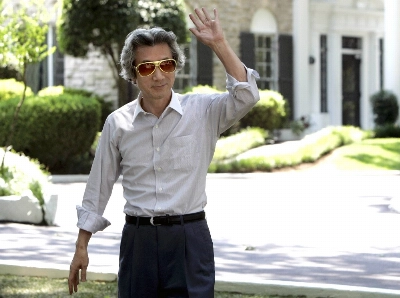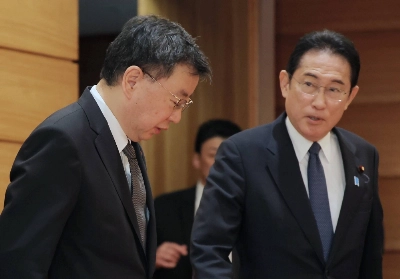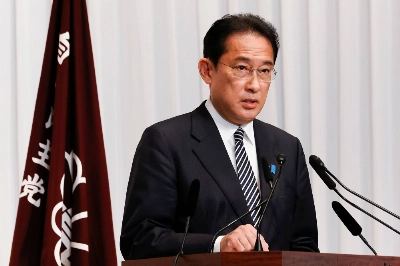Amid allegations that key government and Liberal Democratic Party officials received tens of millions of yen in unreported funds, the spotlight has now turned to the possibility of a full-fledged Cabinet overhaul.
Prime Minister Fumio Kishida is reportedly mulling over removing from government and party leadership posts, including from junior positions, all members of the faction formerly led by the late Prime Minister Shinzo Abe.
At the moment, 15 of the faction's members are in government — four ministers, five deputy ministers and six political officers — while three are on the LDP executive: policy chief Koichi Hagiuda, Upper House Secretary-General Hiroshige Seko and parliamentary affairs chief Tsuyoshi Takagi.





















With your current subscription plan you can comment on stories. However, before writing your first comment, please create a display name in the Profile section of your subscriber account page.